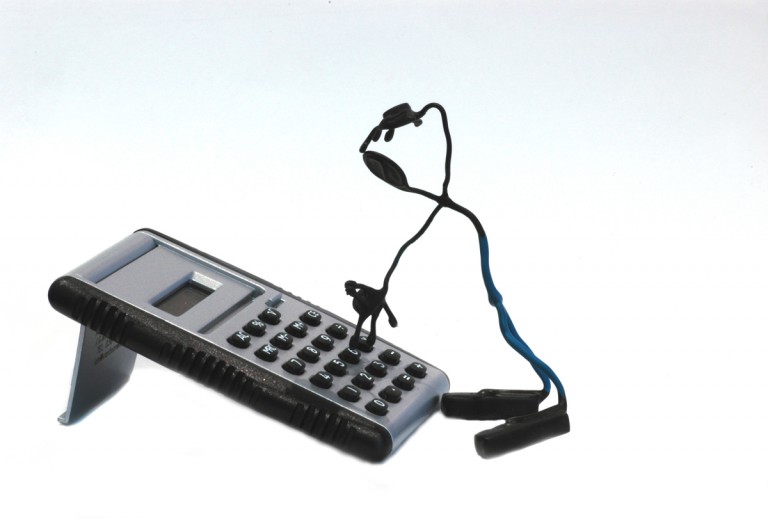CEO Mindset Monday
Most days—especially after work, after dinner, after life—I was too drained to even think clearly. What finally helped me grow my business wasn’t pushing harder or waiting for the perfect moment. It was learning to rely on discipline over motivation. That shift changed everything.
For me, that meant carving out morning hours before my day job started—not because I felt more inspired, but because I had more energy. Discipline meant showing up during the windows that actually worked, instead of hoping motivation would magically show up at the end of a long day.
If you’re trying to build something real while still employed, this kind of discipline isn’t about hustle. It’s about intention, consistency, and protecting the time that moves you forward.
Why Motivation Isn’t Enough (Especially for Working Adults)
 Motivation is fleeting—especially when you’re balancing work, family, and a thousand responsibilities. It’s easy to get excited about a business idea on a Saturday morning, but much harder to follow through on a Tuesday night after back-to-back meetings, dishes in the sink, and a late work email you didn’t expect.
Motivation is fleeting—especially when you’re balancing work, family, and a thousand responsibilities. It’s easy to get excited about a business idea on a Saturday morning, but much harder to follow through on a Tuesday night after back-to-back meetings, dishes in the sink, and a late work email you didn’t expect.
That’s why discipline over motivation matters so much for mid-career entrepreneurs. You can’t afford to build your dream around your energy dips. If you only work when you feel like it, your business will stall every time life gets loud—which, let’s be honest, is most of the time.
What no one tells you is that discipline isn’t about forcing yourself to do hard things all the time. It’s about choosing your best windows and protecting them like they matter—because they do. You’re not just carving out time. You’re protecting your future. And once you start thinking that way, you’ll see a shift.
What Discipline Looks Like for Mid-Career Entrepreneurs
For working professionals trying to build something on the side, discipline over motivation often looks surprisingly simple. It’s not about heroic all-nighters or waking up at 4 a.m. if that doesn’t suit you. It’s about being honest about your capacity—and using it wisely.
That might mean:
Blocking off 7:30–8:30 a.m. before the house wakes up
Using Friday lunch breaks to outline your next lead magnet
Committing to two focused hours on Sunday to automate your onboarding flow
The specifics don’t matter as much as the rhythm. Discipline isn’t loud. It’s steady. And for mid-career entrepreneurs, that steadiness builds trust—not just with your audience, but with yourself. The more consistently you show up, the less energy you waste wondering when you’ll find time again.
The difference between progress and procrastination isn’t willpower—it’s structure. And the more you embrace discipline over motivation, the easier it becomes to treat your business like a business, not a side project.
The Identity Shift That Makes Discipline Stick
The biggest turning point for me wasn’t finding a better routine—it was realizing I wasn’t trying to become a business owner. I already was one.
That shift in identity is what made discipline over motivation sustainable. When you see yourself as a founder, you act like one. Not in some performative way, but in quiet, consistent choices: prioritizing your business even when no one’s watching, setting boundaries around your time, planning like your work matters—because it does.
 Discipline becomes easier when it flows from identity. You’re not showing up because you feel inspired. You’re showing up because this is who you are now. That’s the difference between dabbling and building.
Discipline becomes easier when it flows from identity. You’re not showing up because you feel inspired. You’re showing up because this is who you are now. That’s the difference between dabbling and building.
If you’re struggling with that internal shift, it helps to name it. Put “CEO” or “Founder” next to your name in your journal. Say it out loud. It might feel strange at first, but it’s one of the simplest ways to invite your mind to catch up with your goals.
Want help making that shift? The CEO Mindset Mini-Guide walks you through the inner transformation that makes everything else possible.
How I Learned to Stop Relying on Motivation
When I restarted Backbone America after stepping into automation full time, I didn’t have long stretches of free time or sudden bursts of inspiration. What I had was clarity about what mattered—and a deep understanding that waiting for motivation was a luxury I couldn’t afford.
I knew what it felt like to burn out, to have all my energy drained by a demanding job and family obligations. So instead of asking, How can I get more motivated?, I started asking, When am I already at my best? That simple question helped me reframe everything.
For me, discipline looked like protecting my mornings. Not because they were quiet or convenient, but because that’s when I had the most energy and focus. I didn’t wait for the urge to work on my business—I scheduled it. I showed up. And slowly, showing up became the habit.
That’s how discipline over motivation started working in my favor. It didn’t make the work easier. But it made it possible.
And that’s the real difference.
Build a Business That Respects Your Energy
 The goal isn’t to push harder. It’s to build smarter.
The goal isn’t to push harder. It’s to build smarter.
Motivation might help you get started—but it can’t carry you through. And for mid-career professionals balancing full-time work, family, and everything else life throws at you, it’s not even a reliable starting point. What is reliable? The systems you build. The commitments you honor. The way you protect your energy and invest it where it counts.
Choosing discipline over motivation doesn’t mean forcing yourself to do more. It means getting honest about when and where you work best—and showing up there, again and again. That’s how sustainable businesses are built. Not in burnout, not in bursts, but in small, focused windows of consistency.
If you want help building those windows into your week, the CEO Mindset Mini-Guide walks you through five powerful shifts that support exactly this kind of growth.
And if you’re ready to turn that mindset into motion, the SMART Goals Guide helps you set priorities you can actually follow through on.
For more insight into why discipline matters when motivation runs low, I recommend this Harvard Business Review article on how to keep working when you’re just not feeling it.





